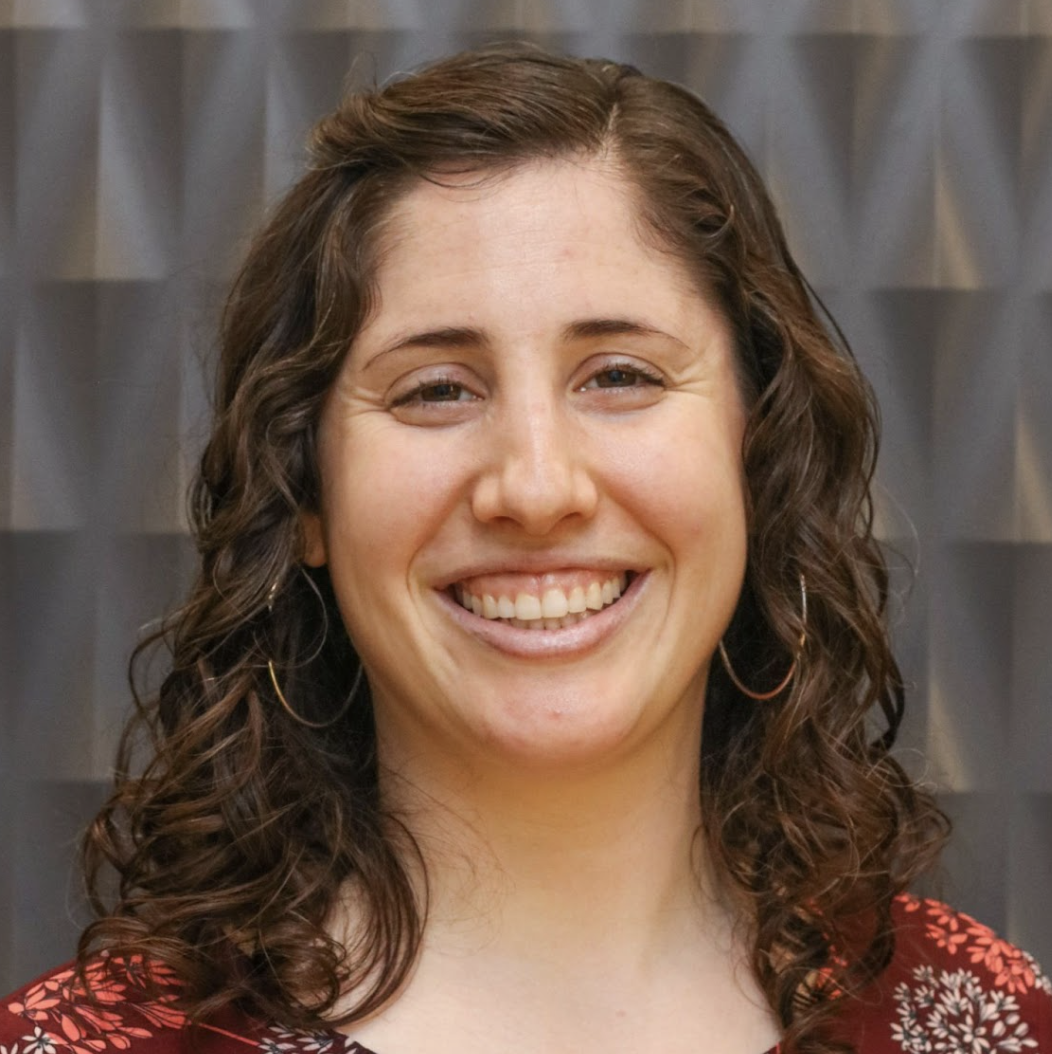Becca Pickus (Lecturer III, Residential College, Social Theory & Practice Program, LSA)

Multiple U-M courses allow students to learn alongside incarcerated individuals. These classes embody an equity-focused pedagogical commitment to learning with and from communities, rather than learning about communities from afar. Peers engage in mutually beneficial, reciprocal learning relationships where scholarly texts and lived expertise are equally valued sources of knowledge.
However, prison-based classes are inaccessible for some students, and students who do take prison-based classes often express uncertainty about how to bridge these experiences with ongoing decarceral work.
A newly developed course — Restorative Justice, Decarceration, Abolition: From Theory to Practice — addresses access and serves students who want support in bridging their prison-based learning with their academic, professional and activist goals. Pickus co-teaches the course with formerly incarcerated students, and she features four to six guest speakers who were formerly in or affected by the carceral system.
Pickus deploys the same equity-focused, community-engaged, dialogic pedagogy that she uses in prison classes. The course highlights decarceral, restorative or abolitionist values, and diverse paths. Some students plan to become decarceration-focused lawyers, social workers or policy advocates, while others explore topics associated with their fields of study.
The class thus provides an on-campus opportunity for students to learn about decarceration with and from those most impacted by the carceral state. It also supports students as they connect this learning with their future goals.
Above photo:
Becca Pickus, Lecturer III, Residential College, Social Theory & Practice Program, LSA




